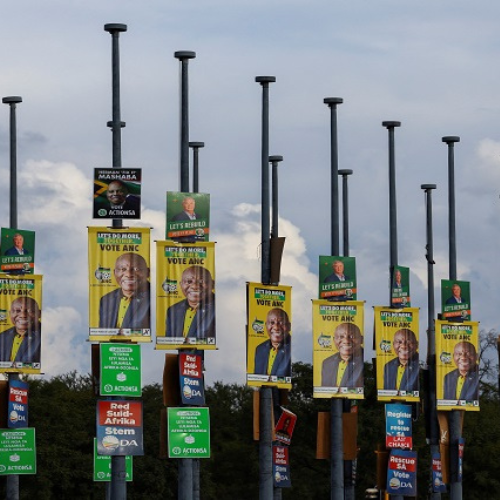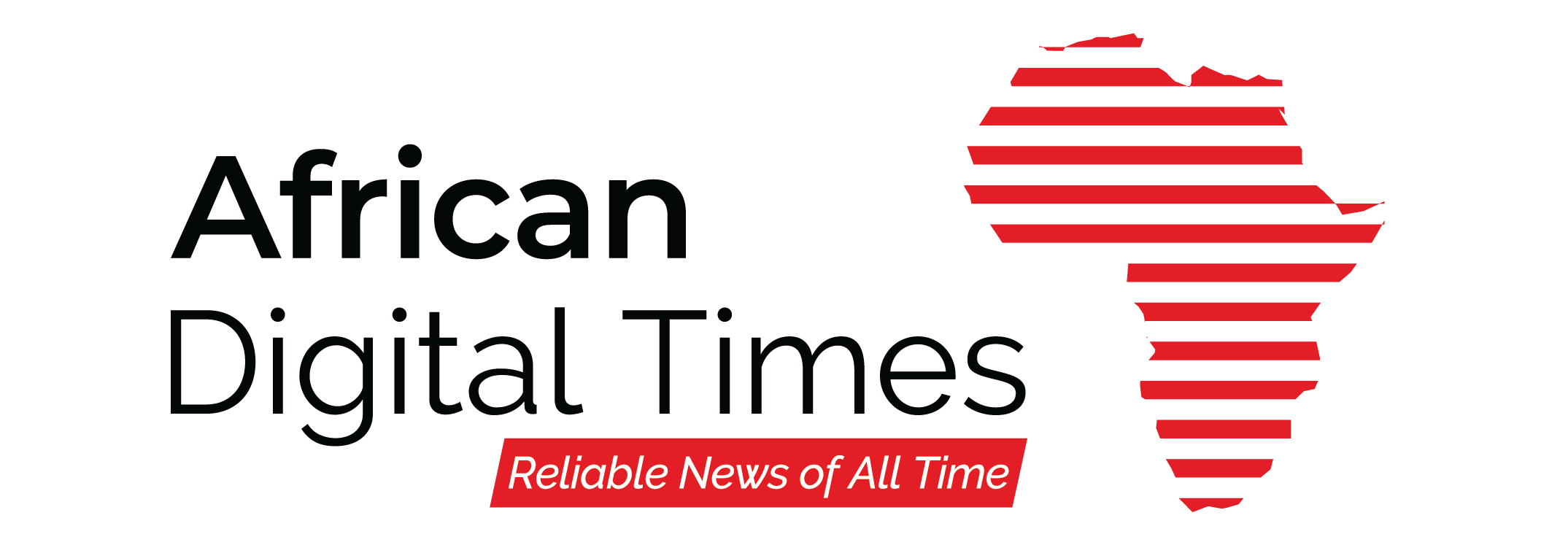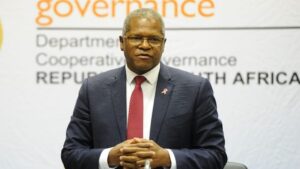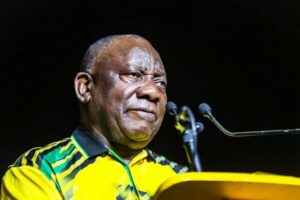
The Head of the Institute of Election Management Services in Africa, Terry Tselane, believes that the Political Party Funding Act should be utilized to promote increased participation of women in South Africa’s electoral system.
Political party funding has been in the spotlight recently due to the court case initiated by the NGO, My Vote Counts. The organization successfully reinstated the donation limit of R15 million and disclosure threshold of R100,000 after they were removed by President Cyril Ramaphosa just before the May elections. While this win for accountability has been praised, Tselane suggests that the Act could also be utilized to change the gender representation in the country’s electoral system.
In the seventh administration, South Africa’s percentage of women in parliament has decreased to 43.5% from 46% after the 2019 elections, although it still remains the second highest on the continent, after Rwanda. The ANC’s voluntary 50/50 gender policy has played a significant role in achieving this representation. IEC Commissioner Janet Love mentioned that employing political funding as a means for gender transformation is not a new concept.
In a report compiled in 2013, the Gender Commission recommended that the government make the 50/50 quota system mandatory for all political parties. They suggested implementing punitive measures, such as cuts in public funding allocations for non-compliance. Masinga stated that with the law being silent on gender parity, voters can influence political parties and their approach to gender. With the establishment of a government of national unity, it may be time to reevaluate political parties through a gender lens, or else we might see a decrease in the number of women stepping up to represent the people.







